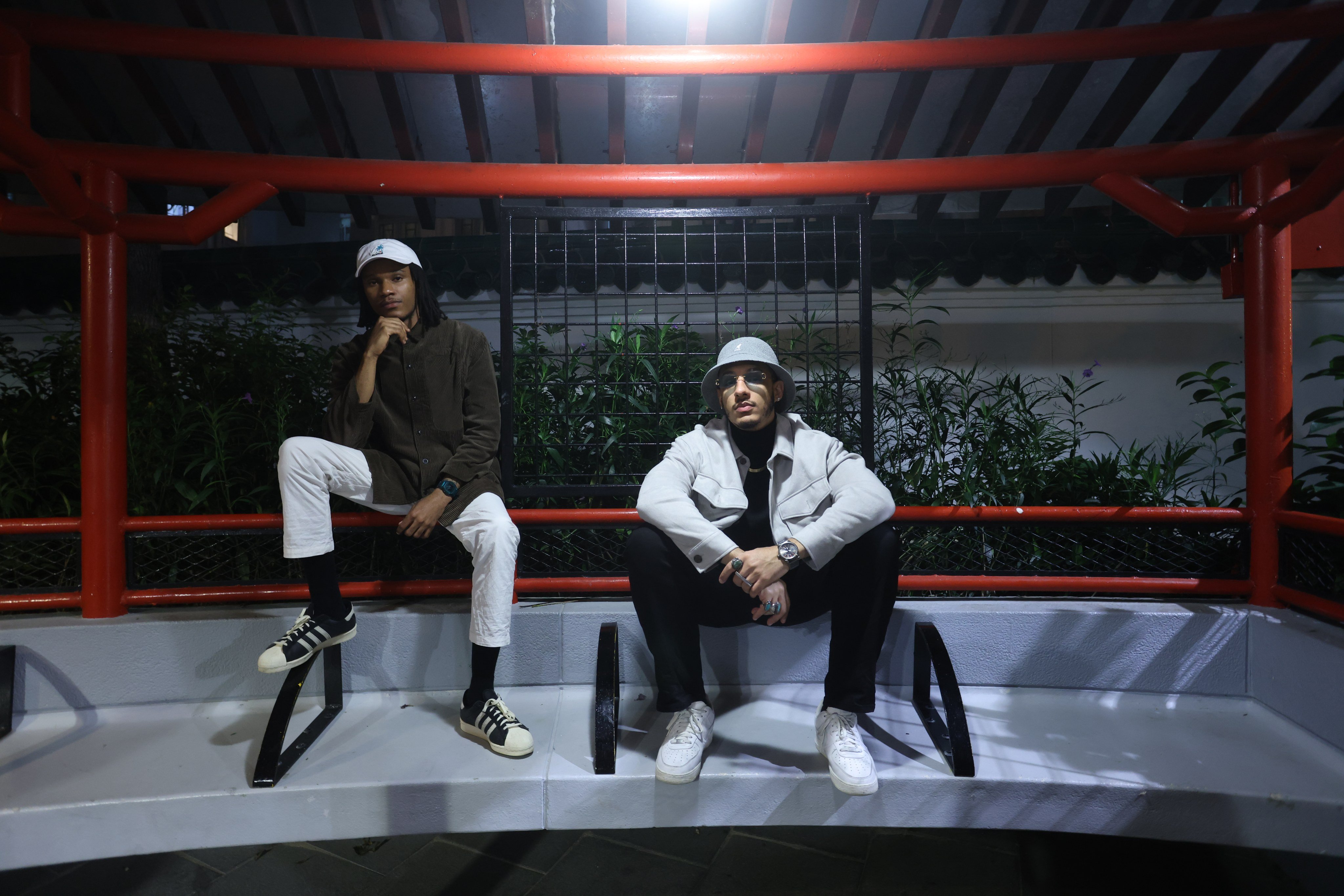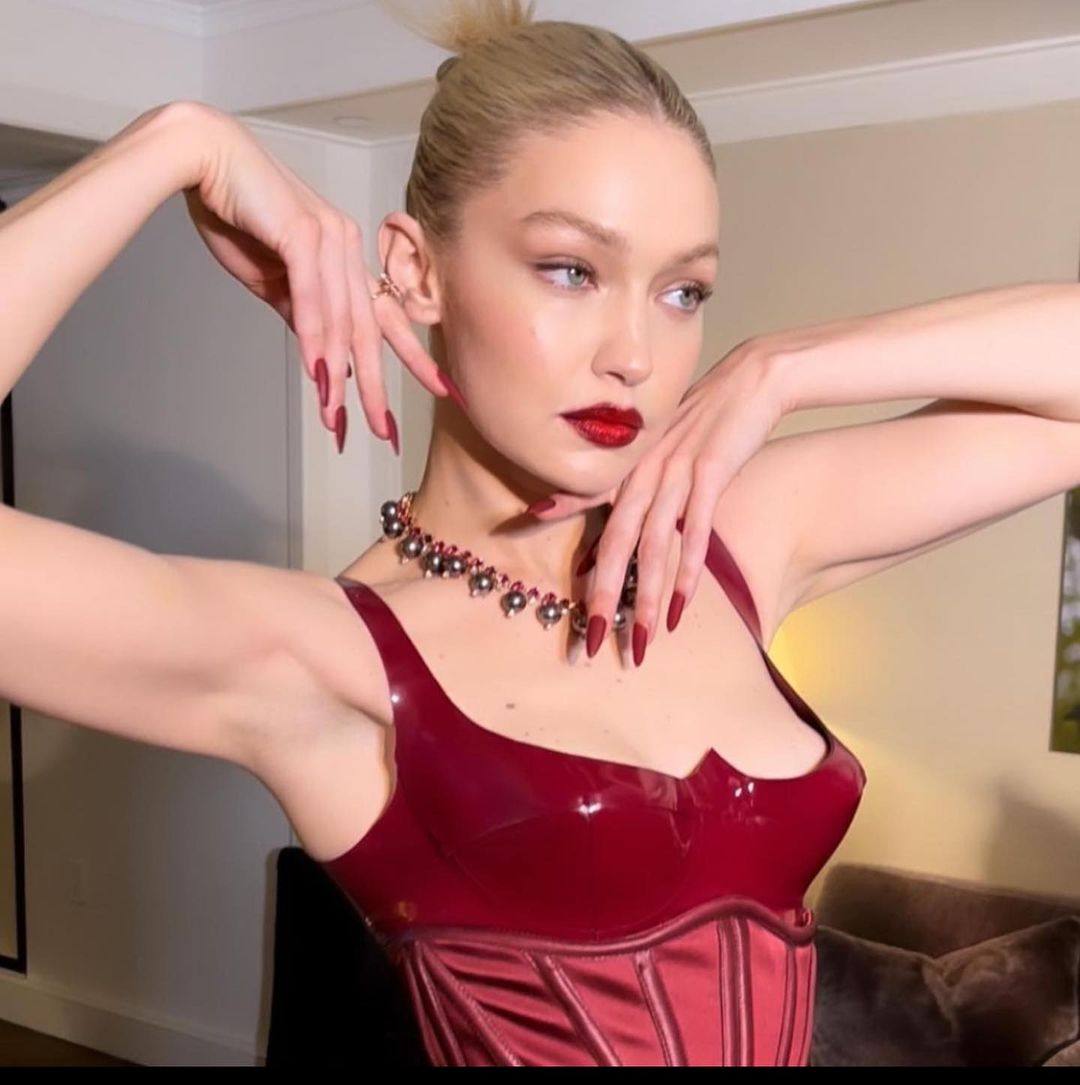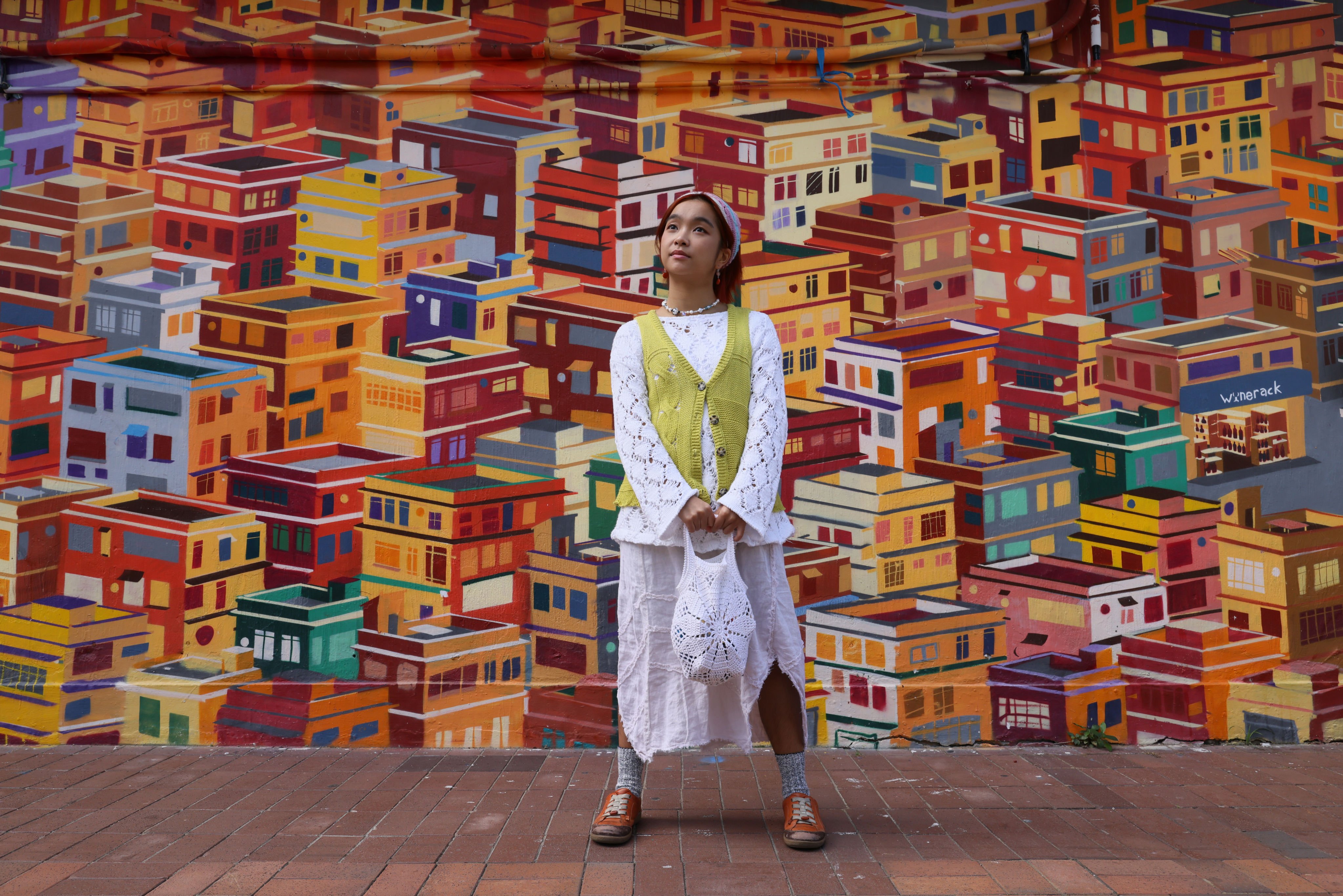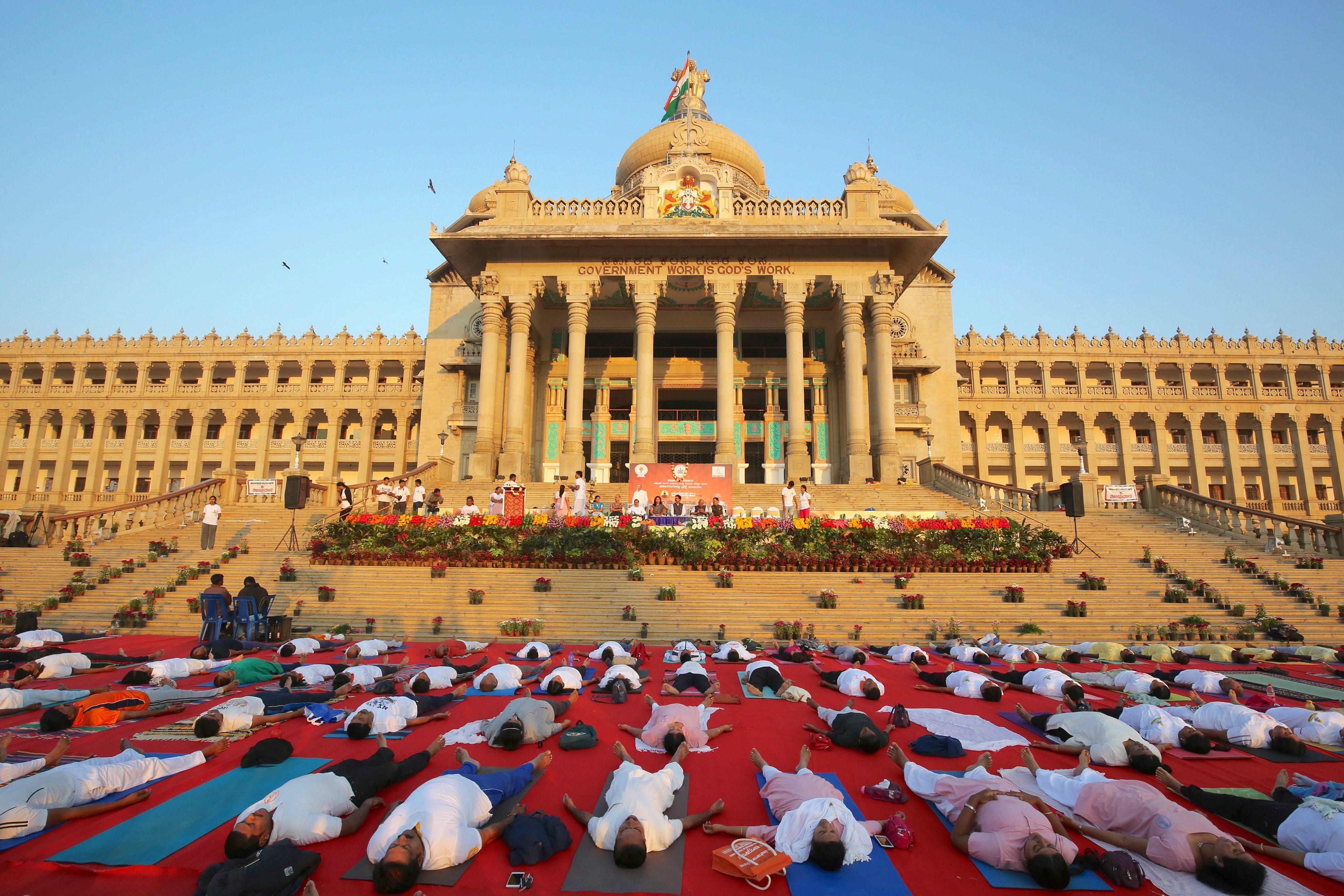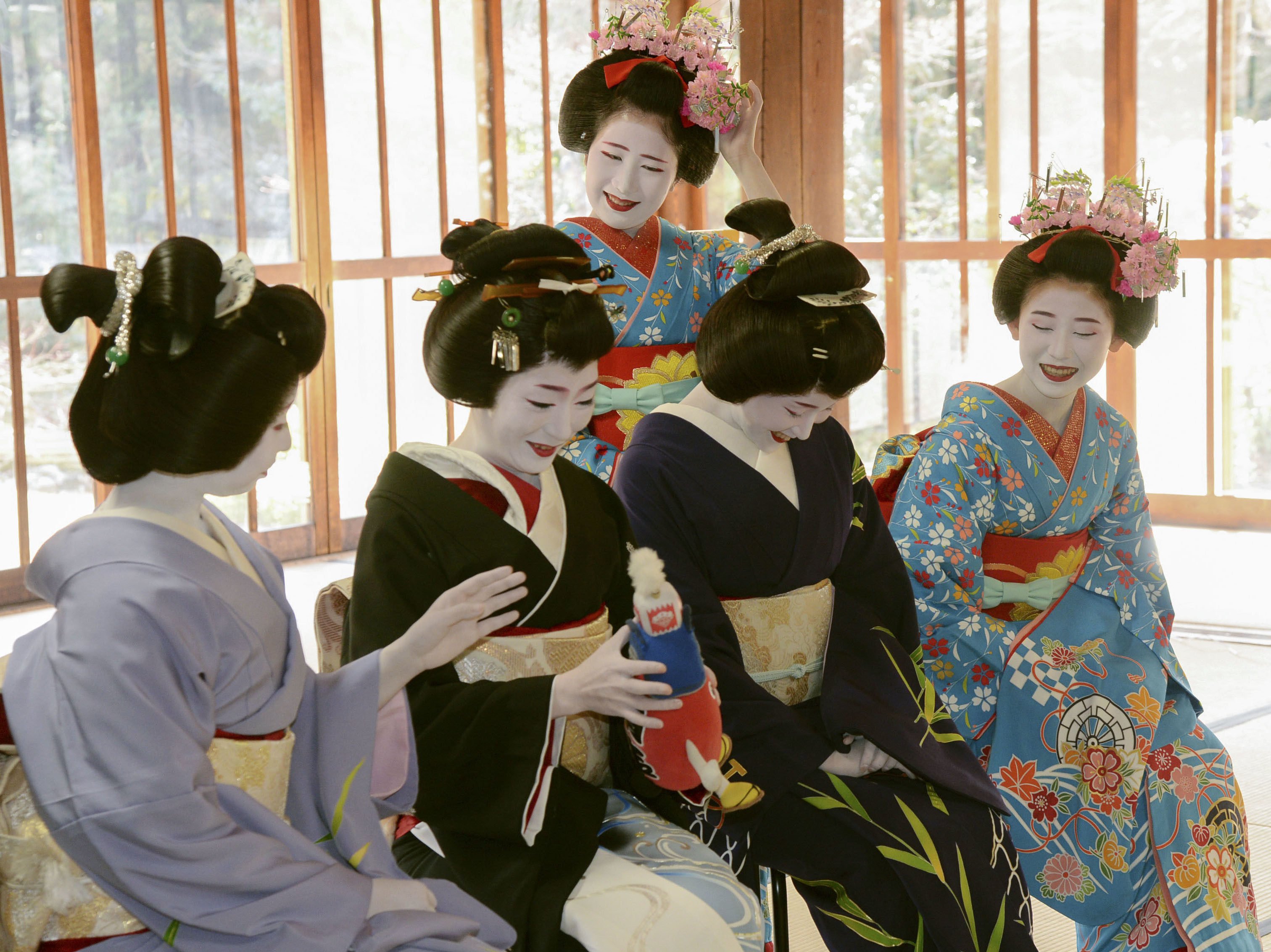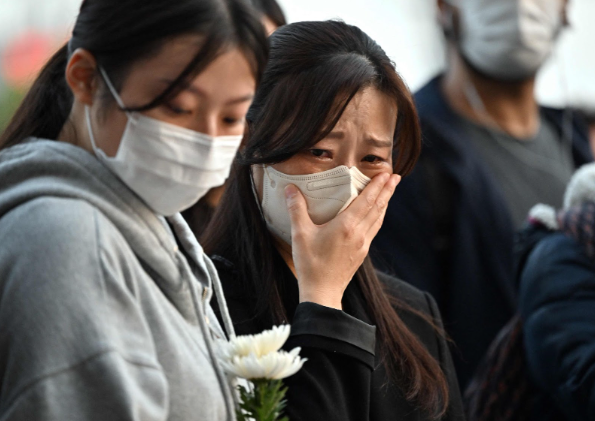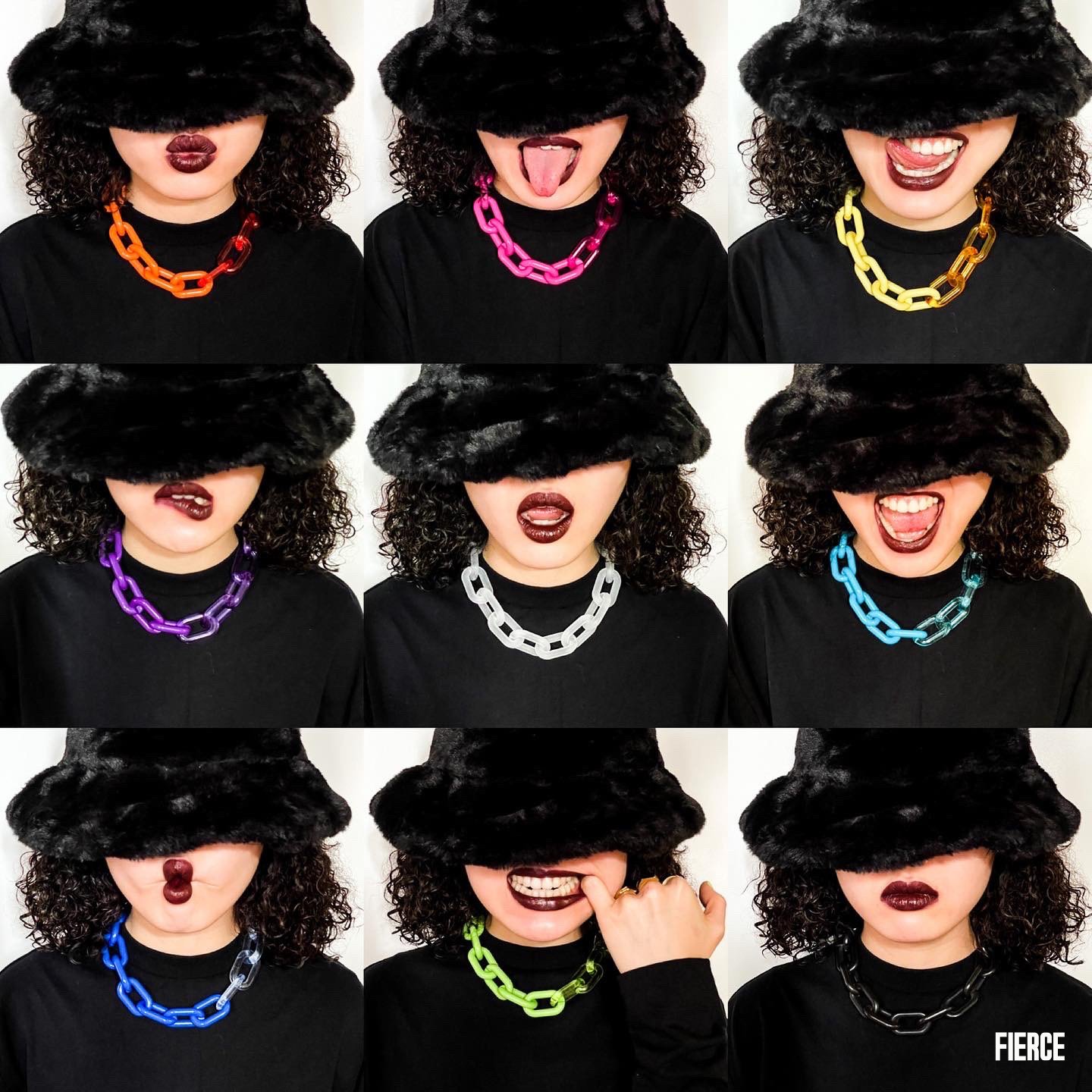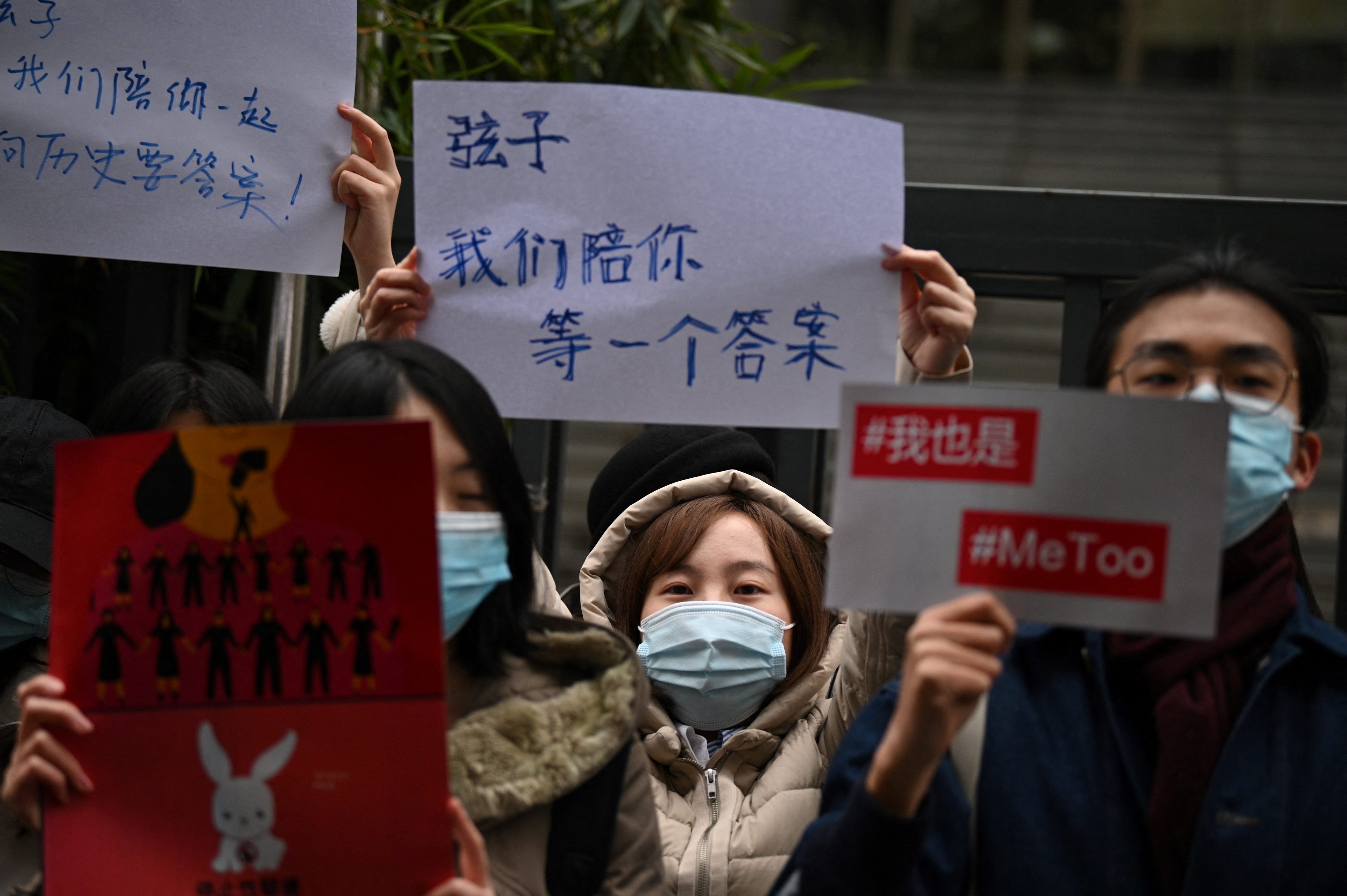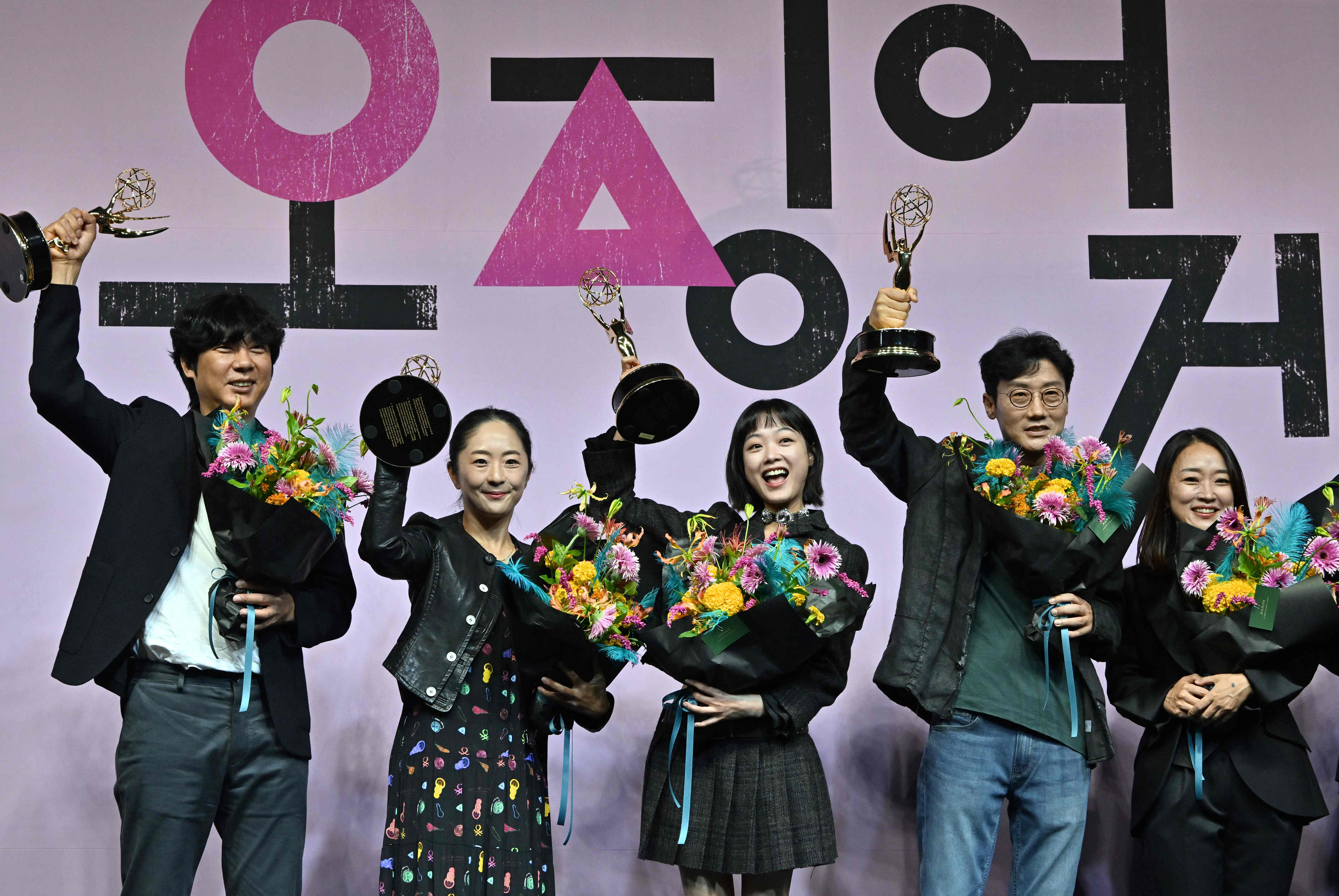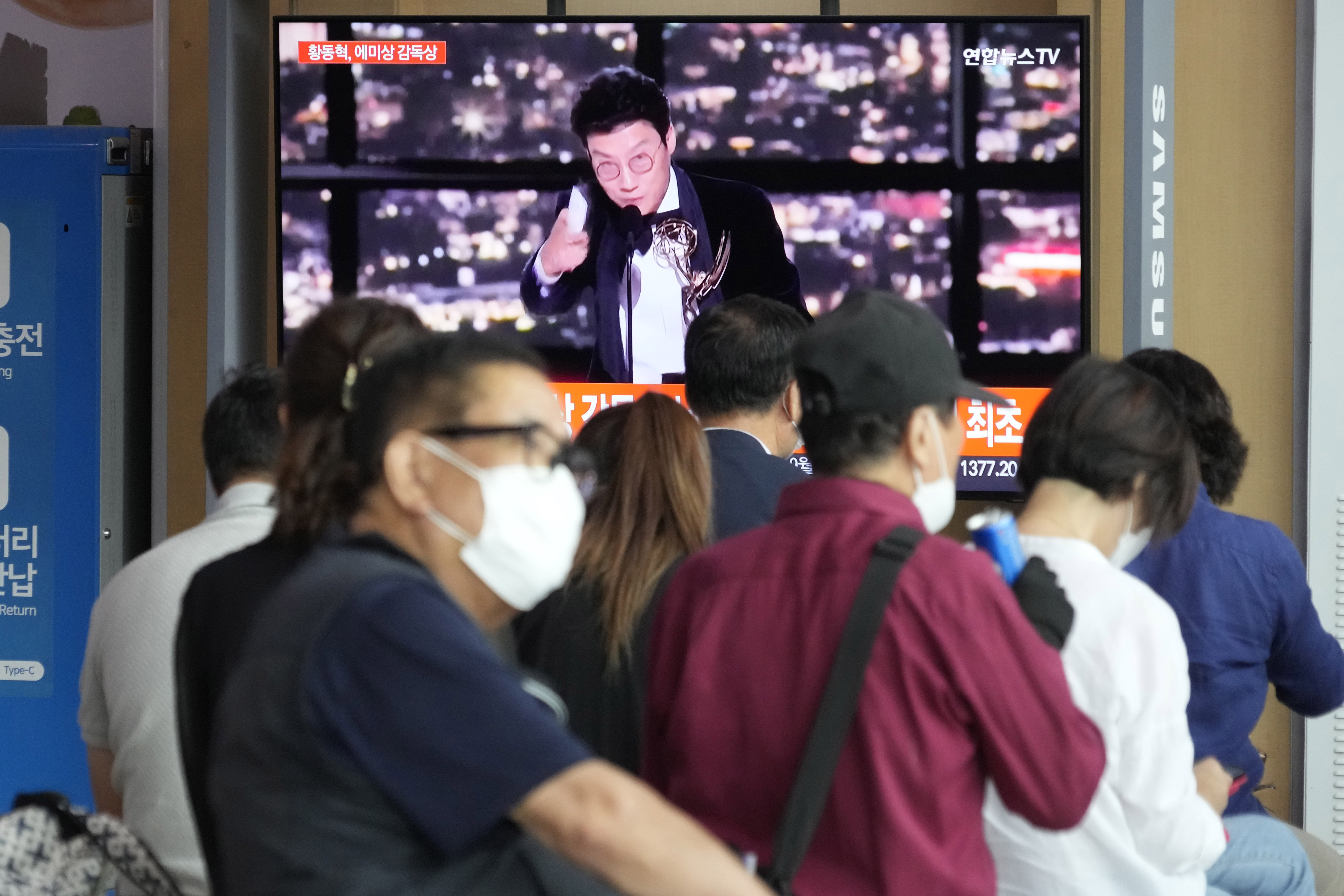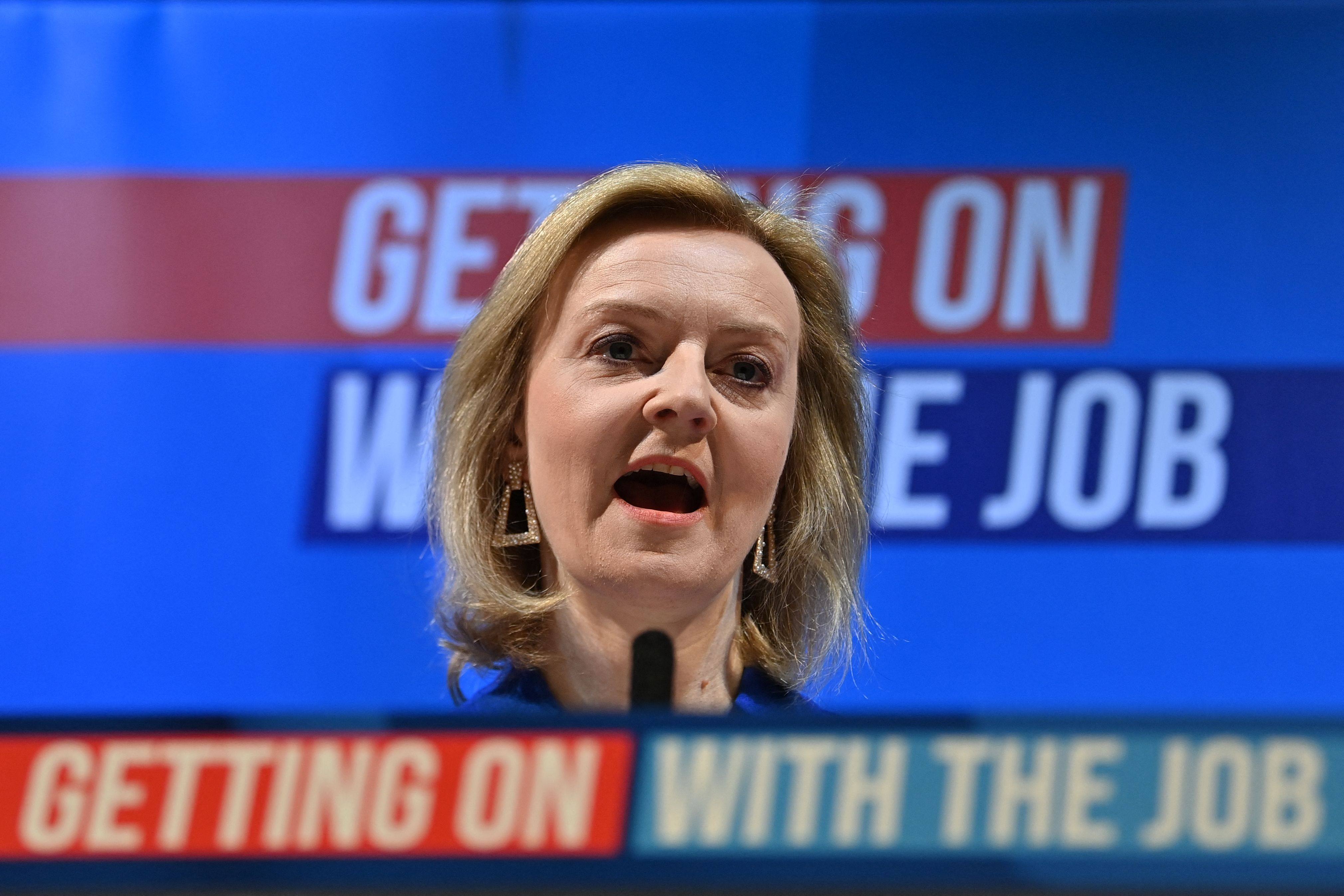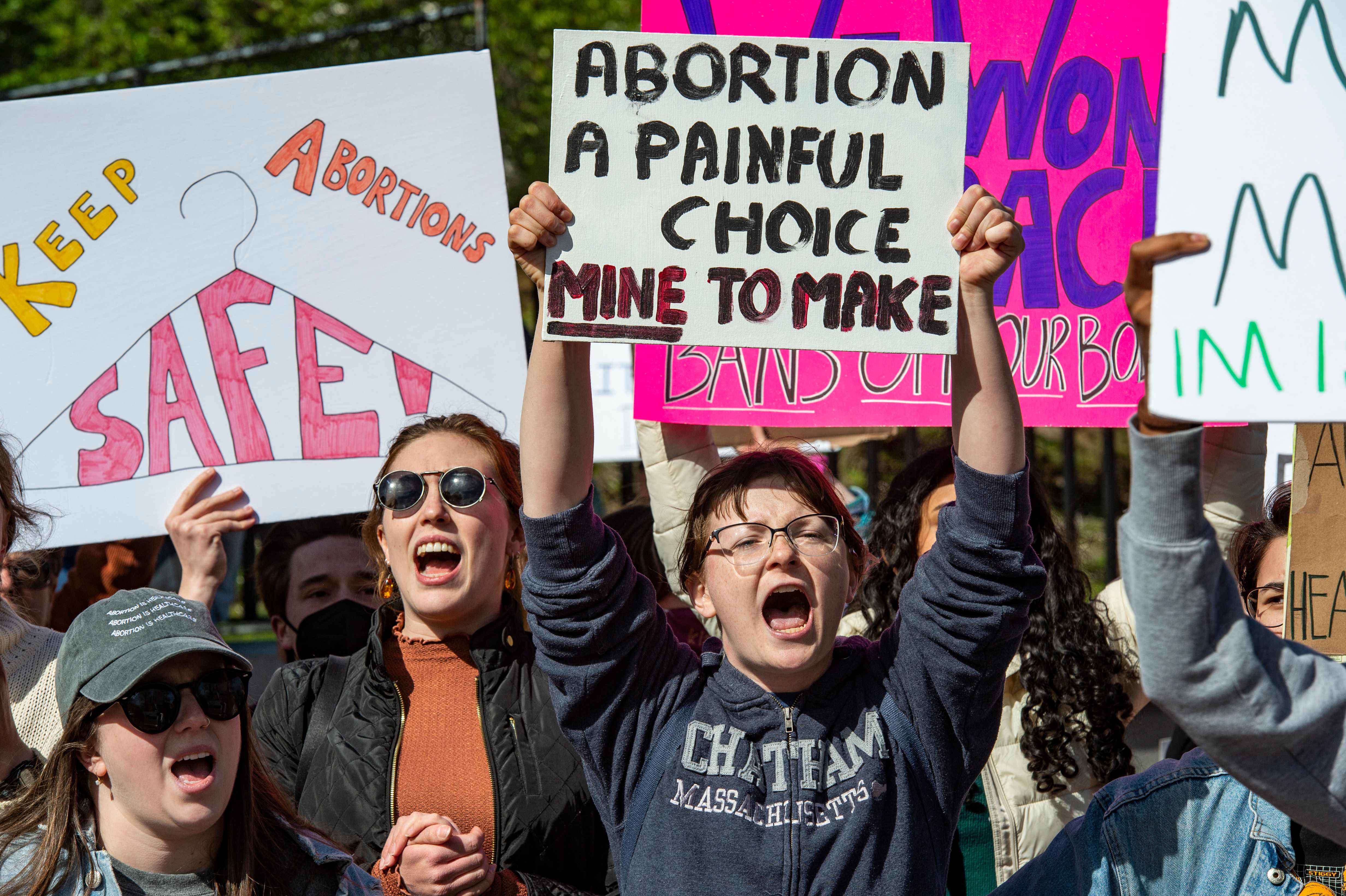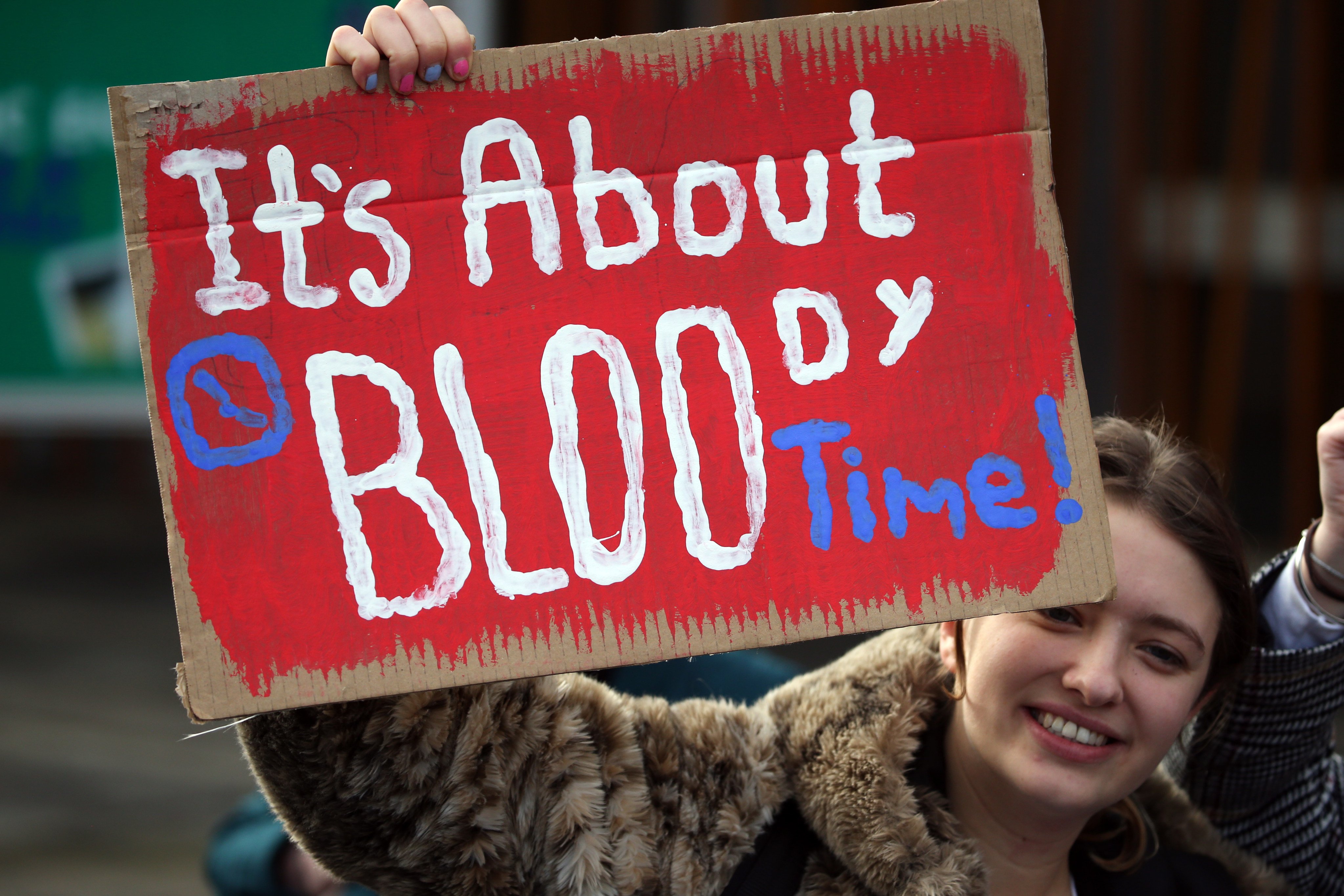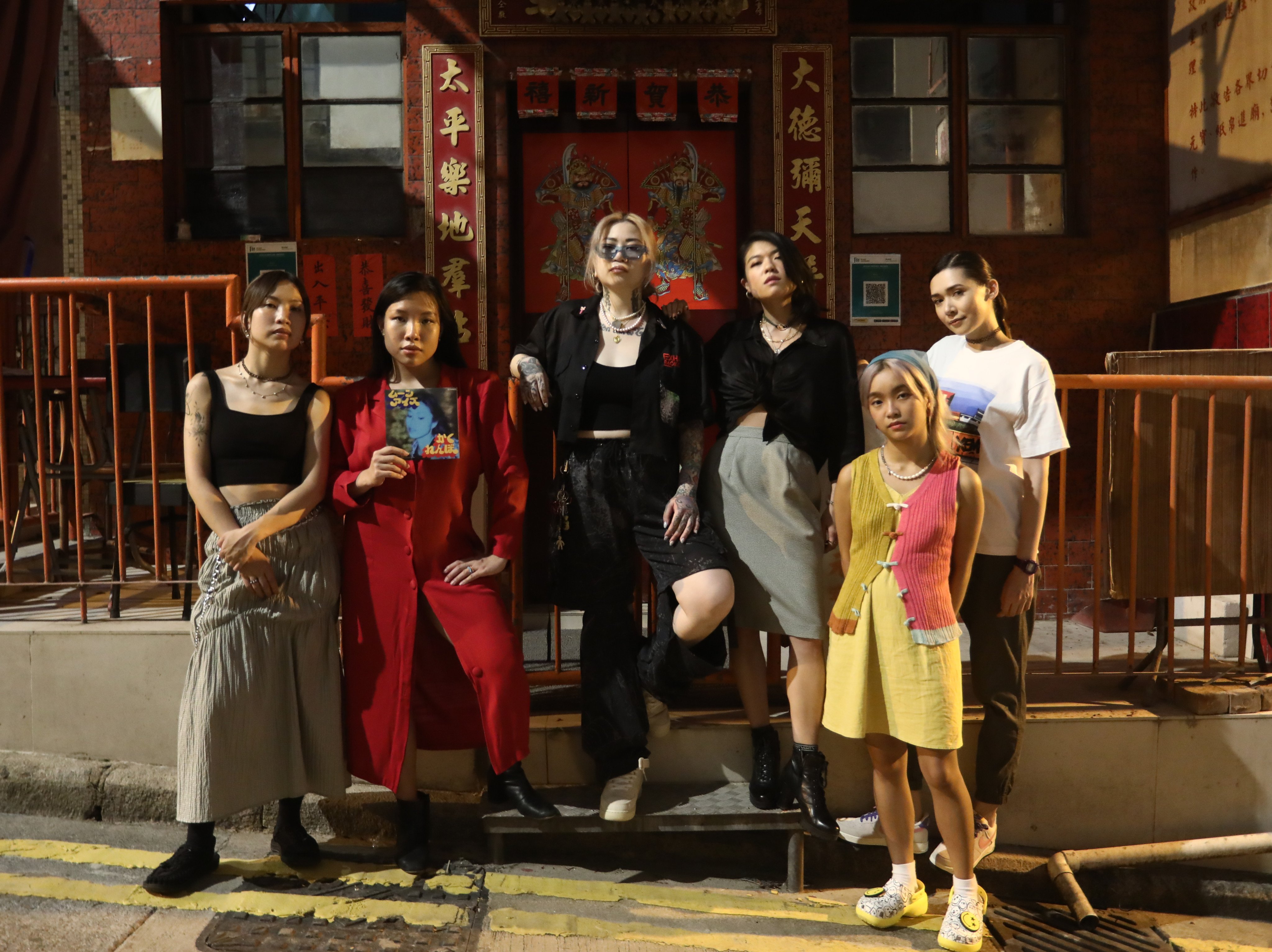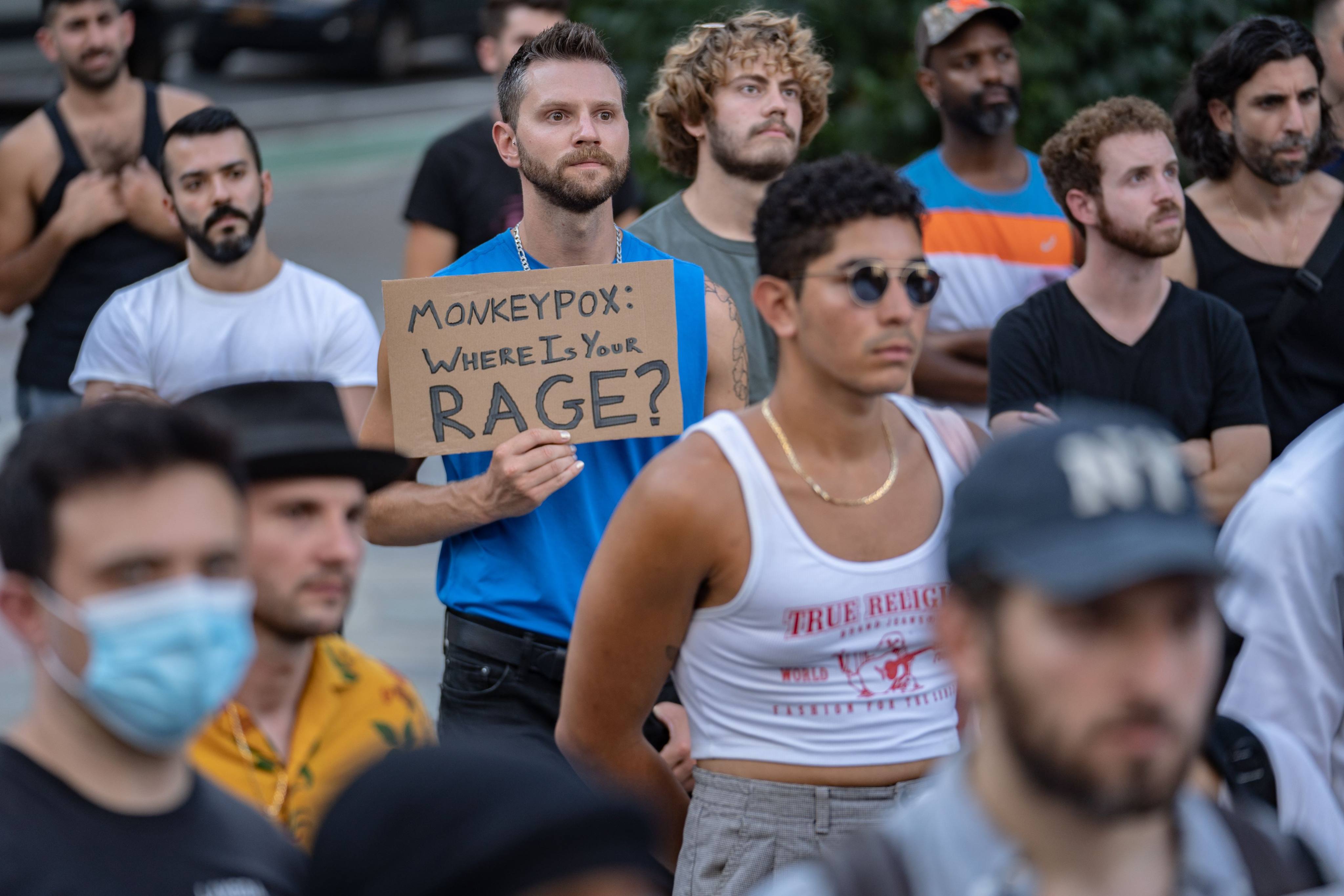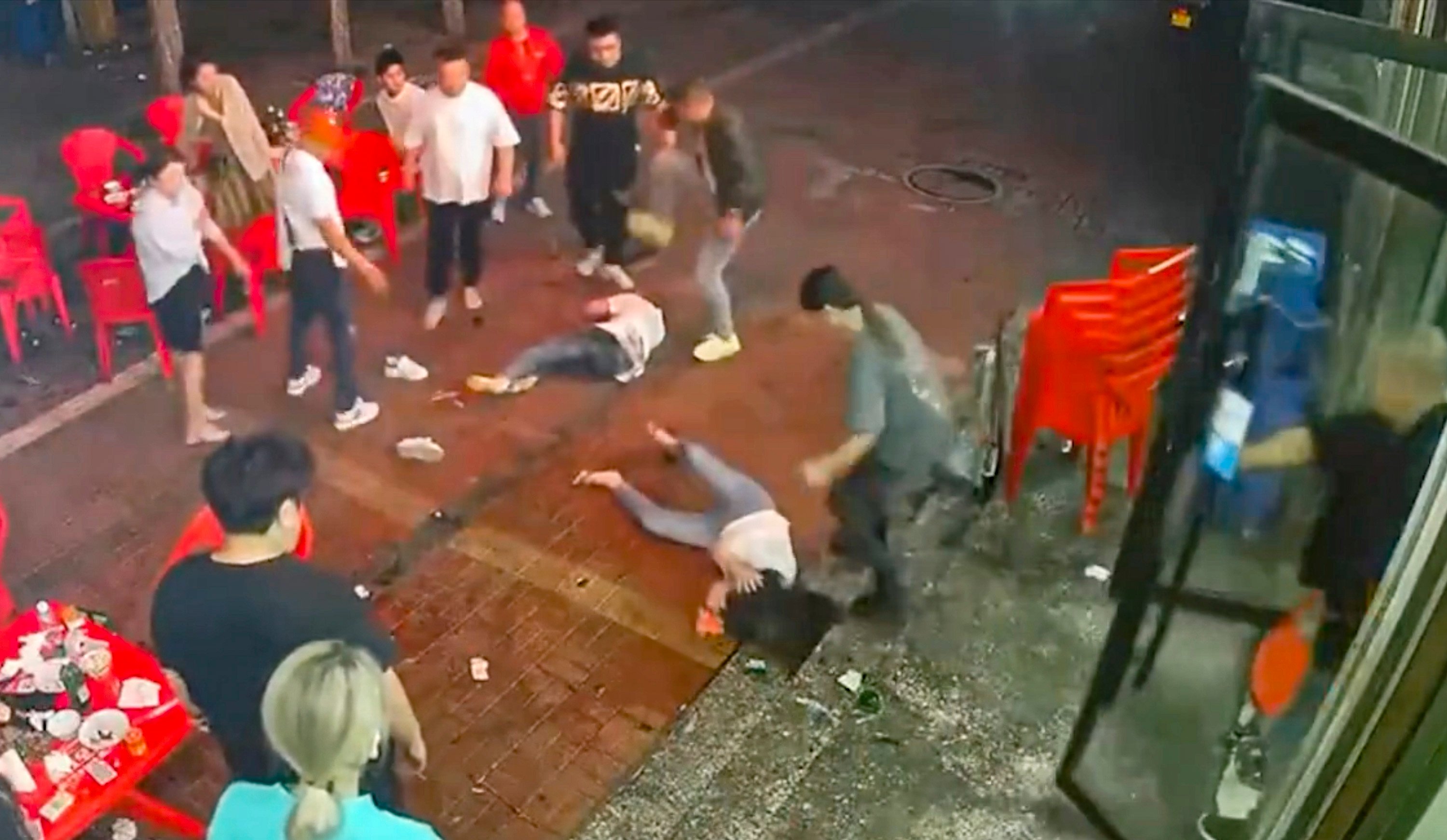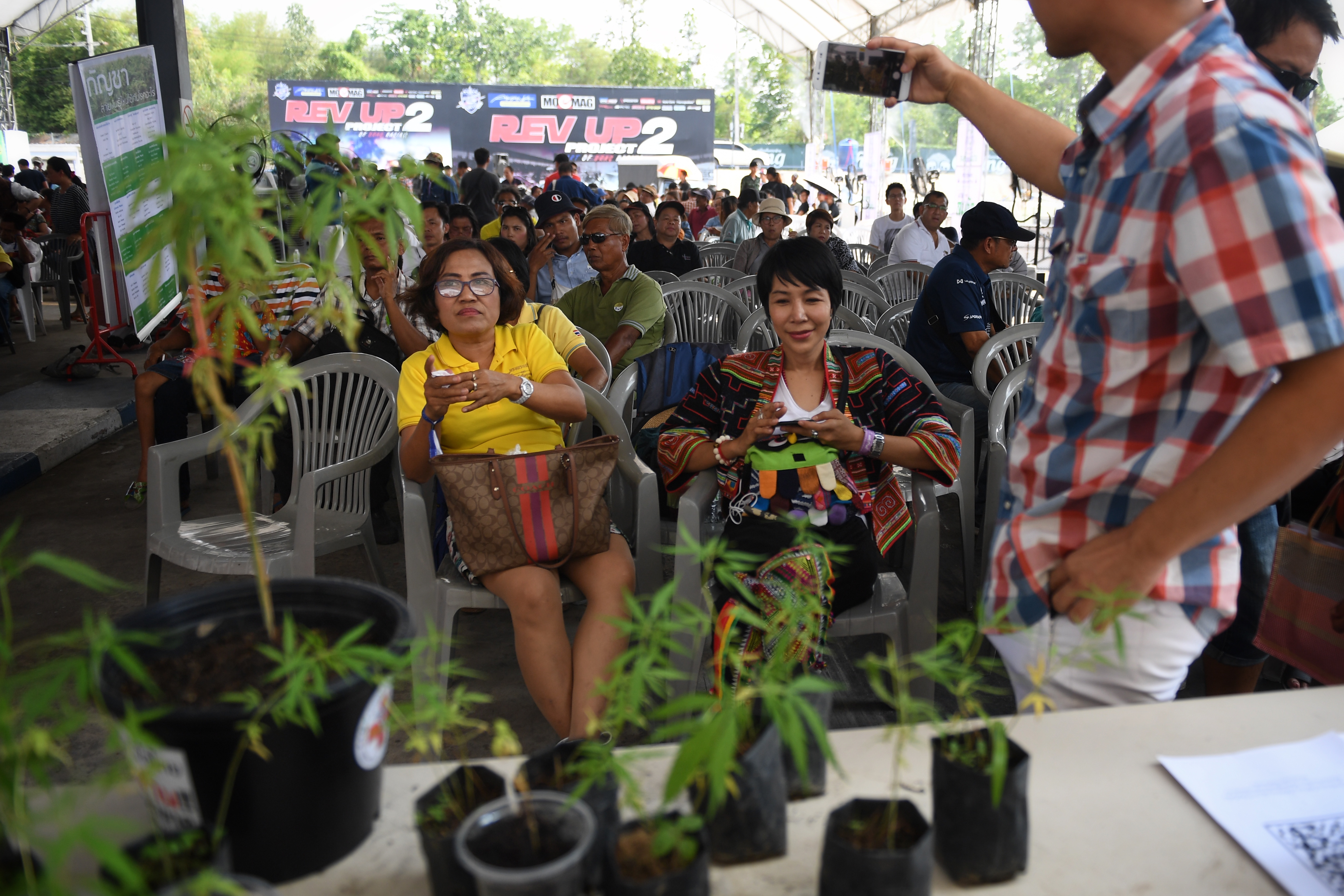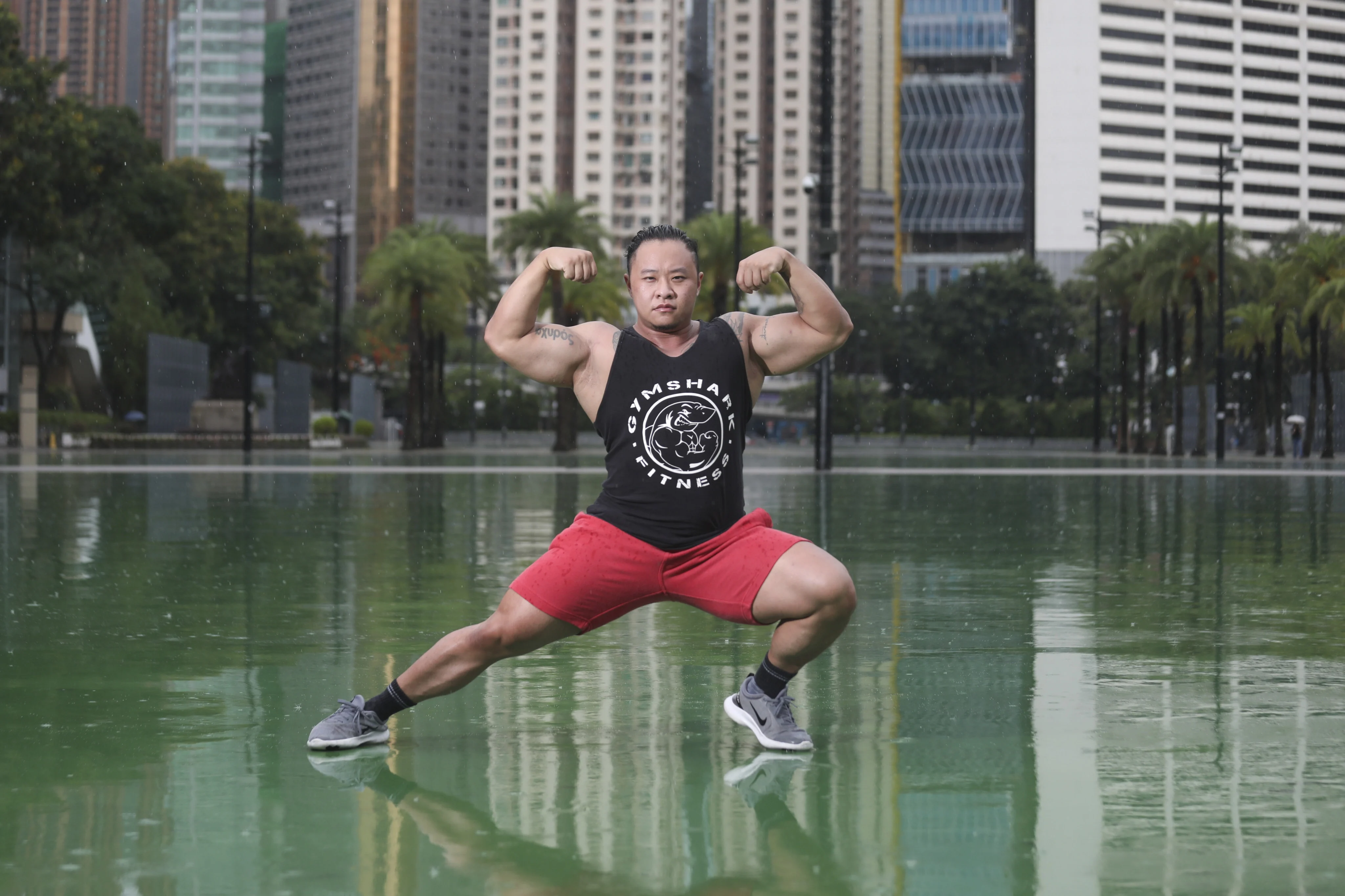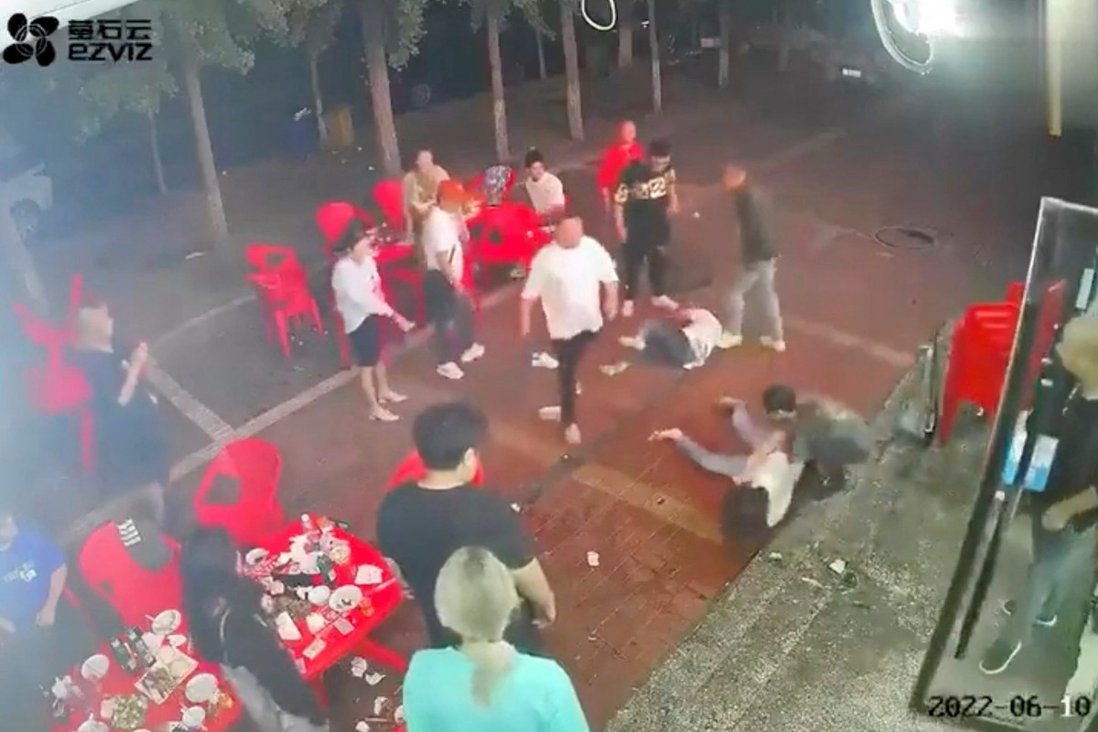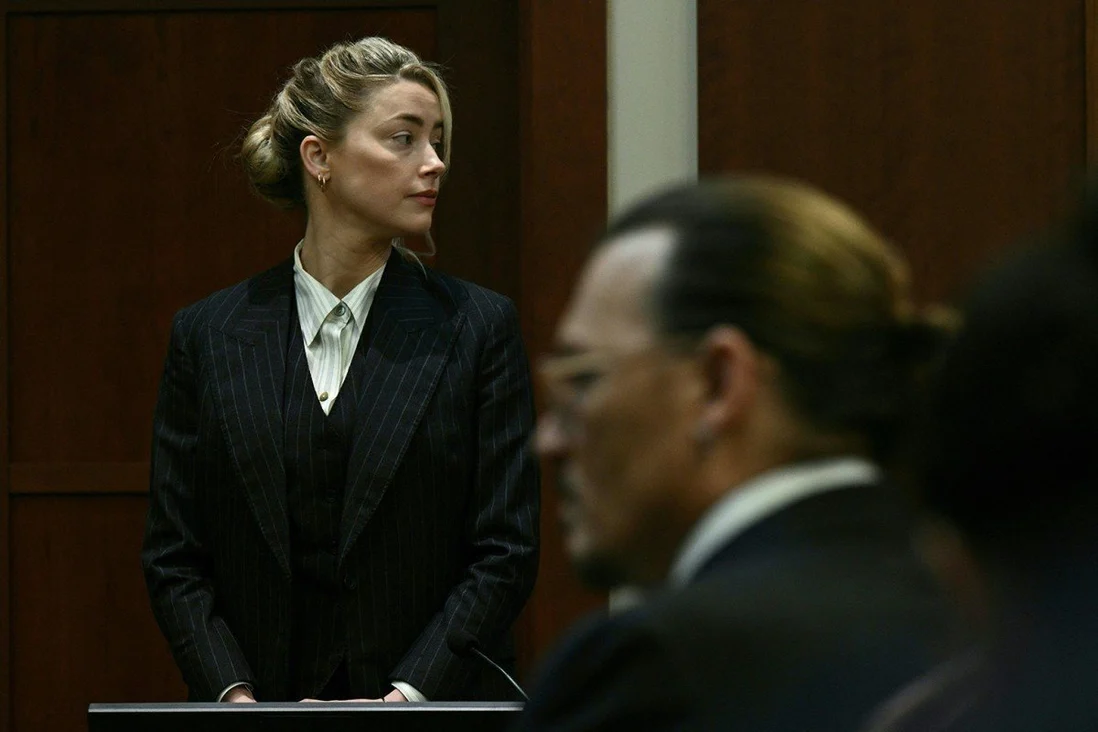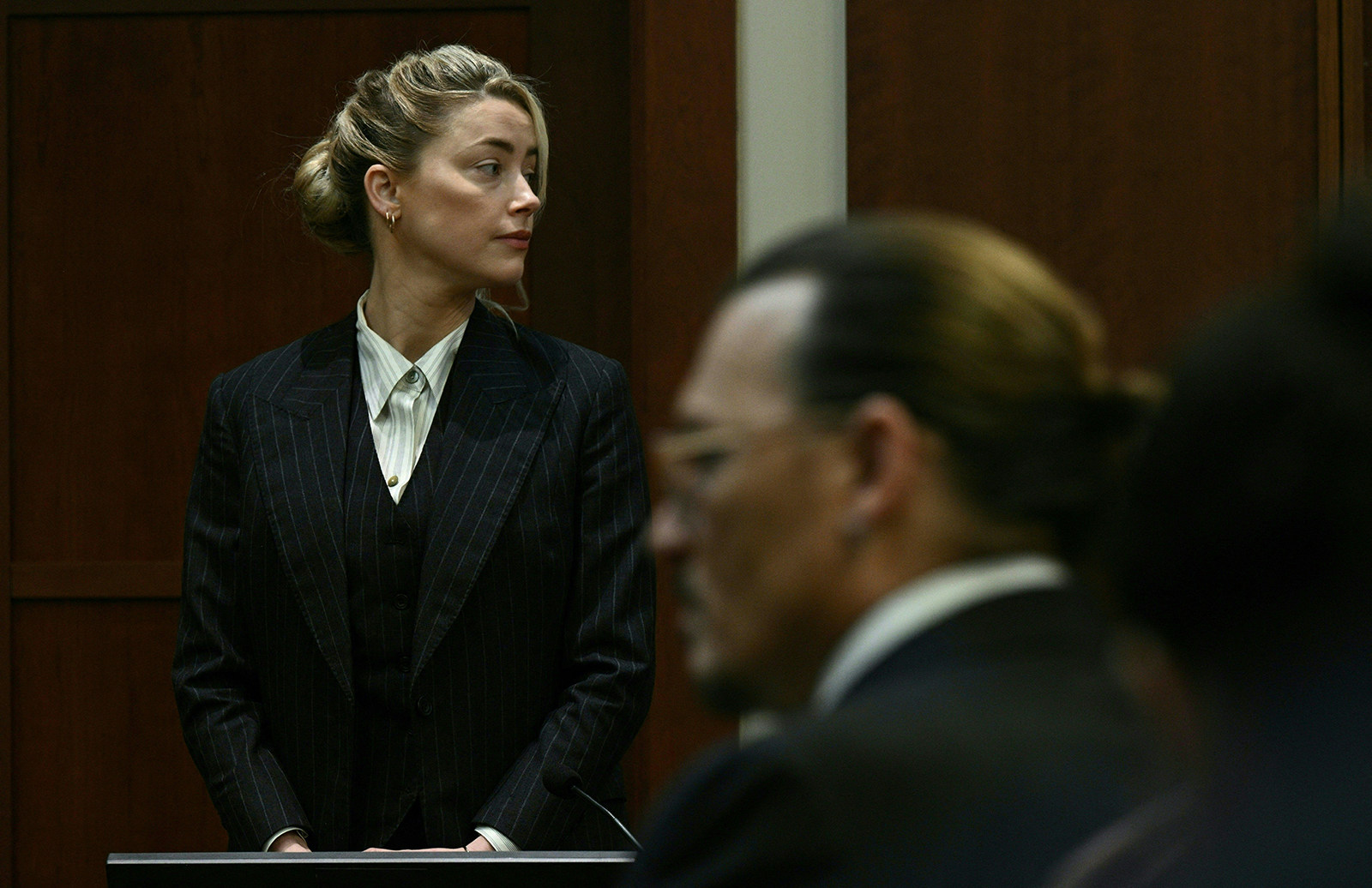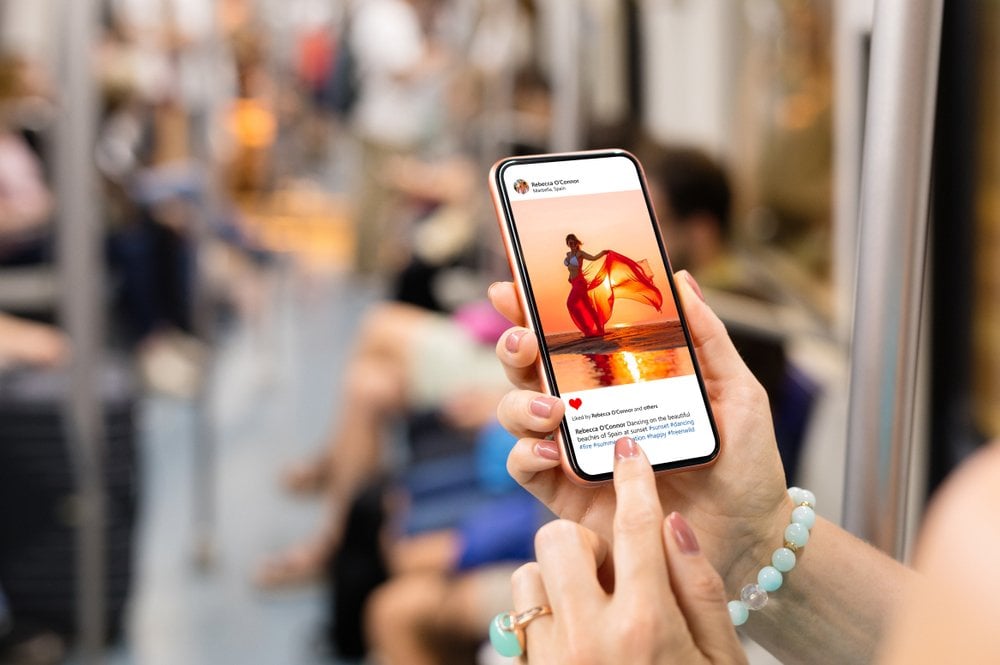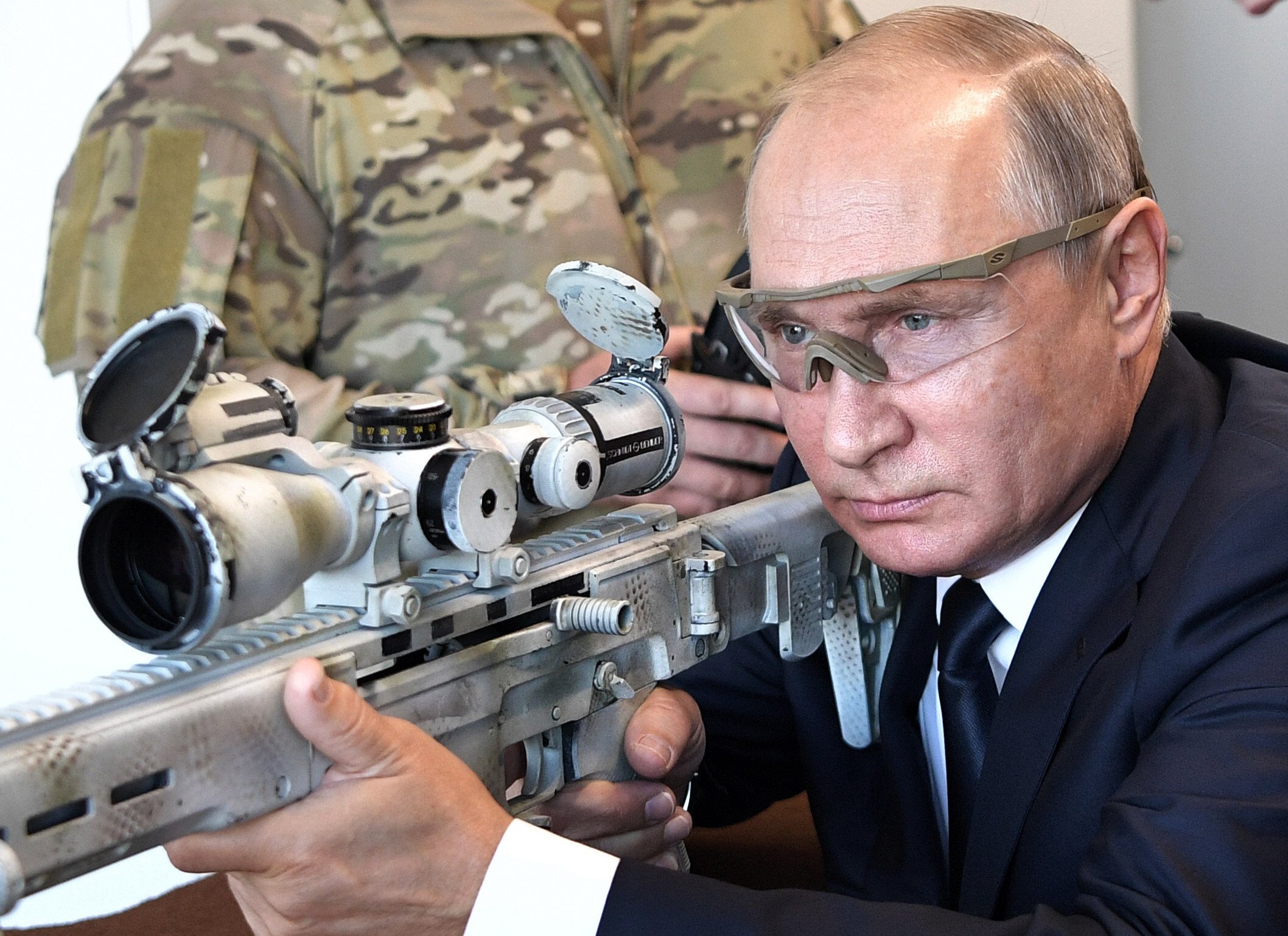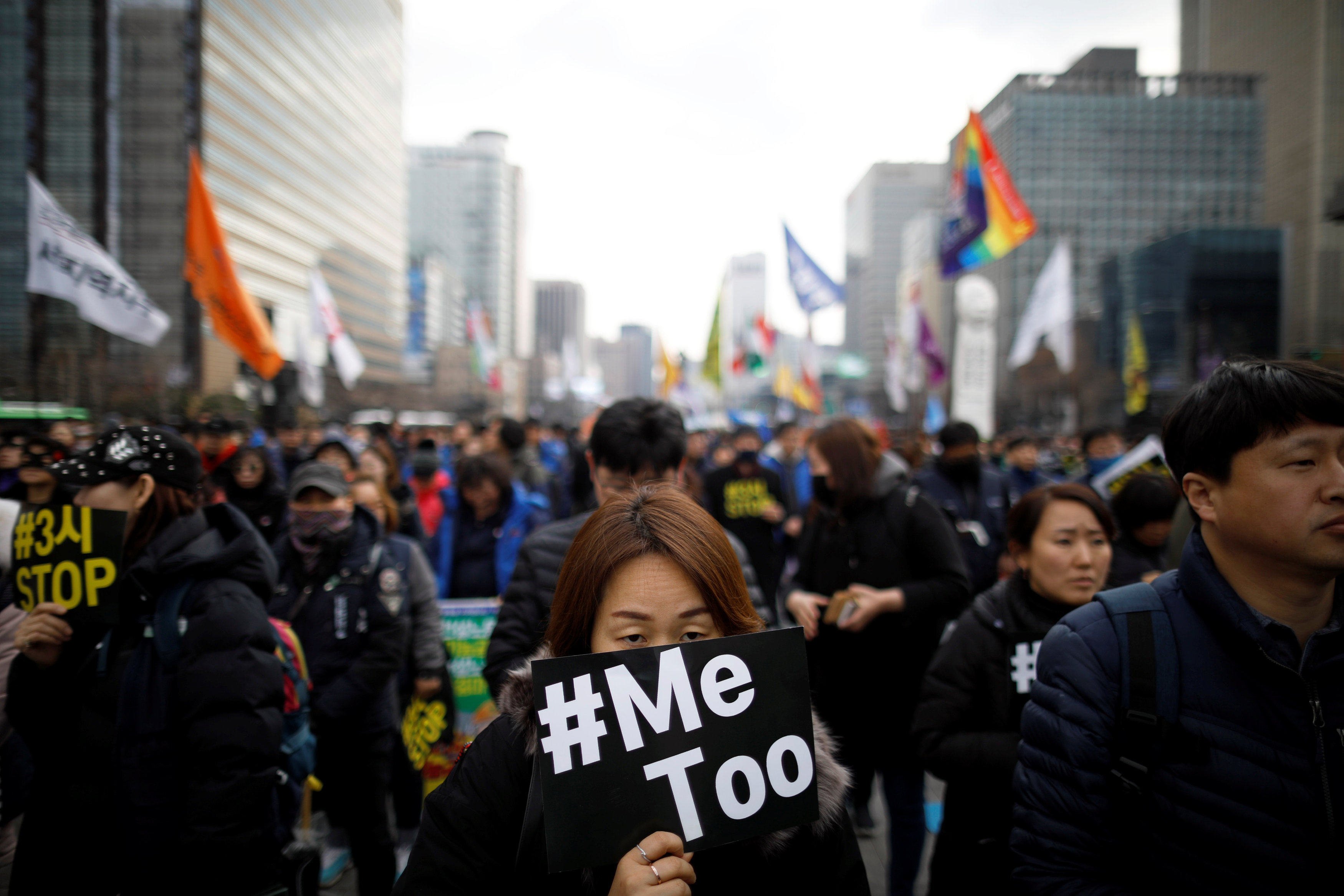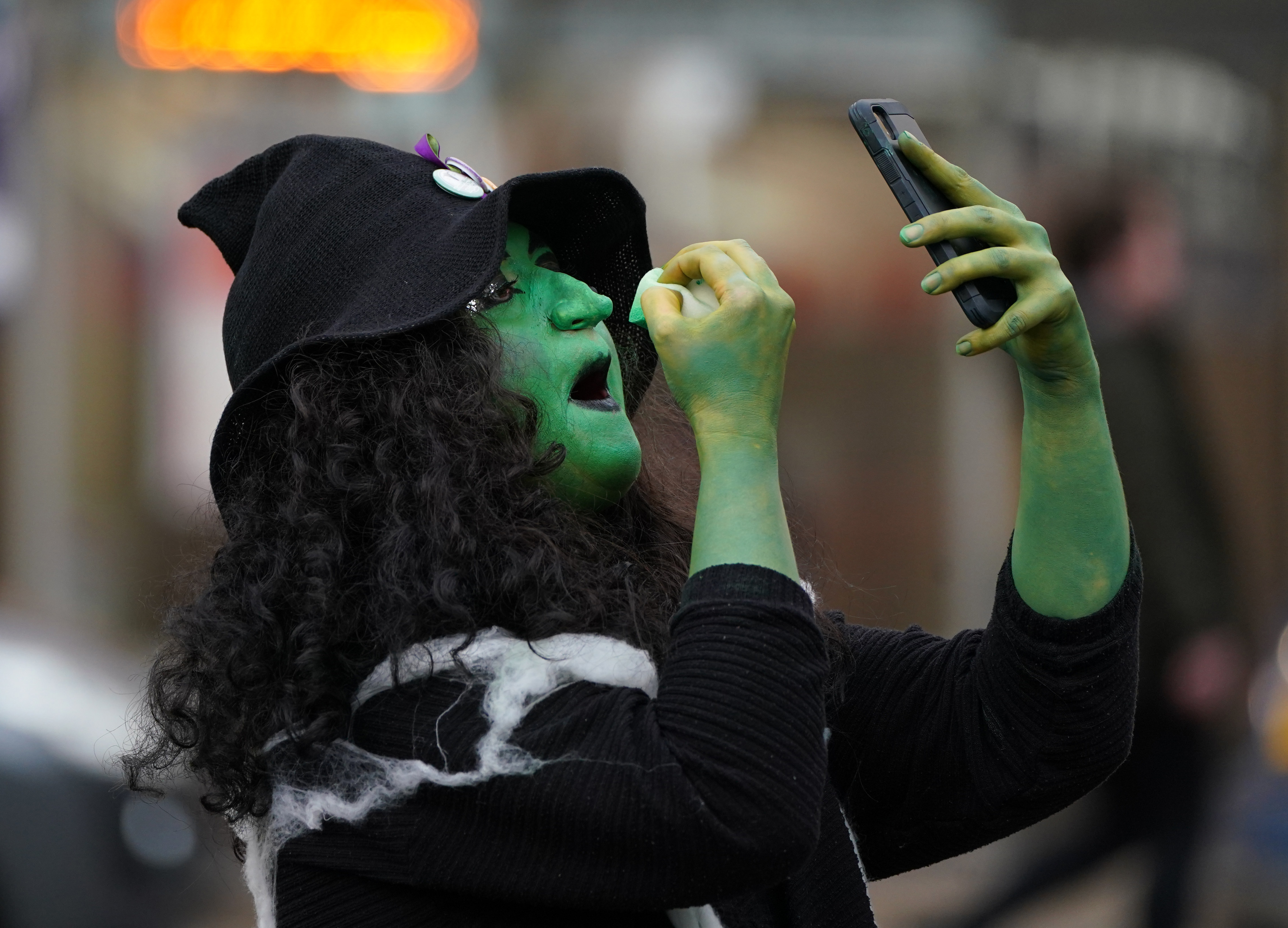Advertisement
Advertisement

Salomé Grouard
Production Editor, Social Media. Head of the Lunar Project.
Salomé Grouard joined the South China Morning Post as a Production Executive in 2020, after graduating from the University of Hong Kong with a master's degree in Journalism. Originally from France, her work covering the Hong Kong protests and gender issues has been featured in Vice Asia, Hong Kong Free Press, and Slate France, among others.
As two black men, Wesley Jamison and Christopher Onoja get validation on the Hong Kong hip hop scene but feel ‘impostor syndrome’ as foreigners. They counter that by putting on shows with local acts.
Japanese nail artist Mei Kawajiri’s maximalist creations have won high-profile fans from Ariana Grande, Gigi Hadid and Dua Lipa to brands including Off-White, Moschino and Gucci.
Get ready to meet a new Moon Tang – the 23-year-old Hong Kong singer talks to the Post about the song she bares all her emotions on and why her second album will be different.
More yoga practitioners of Indian descent are developing a critical view concerning Western appropriation of the 5,000 year old practice.
Advertisement
Kiyoha Kiritaka, who was a trainee geisha when she was 16, has lifted the lid on the secretive culture surrounding the youngsters.
South Korea’s Halloween tragedy reveals women may be more vulnerable in crowd disasters.
From crystal-encrusted swimwear to bold, colourful unisex chains and fun, maximalist jewellery, three new fashion brands – Delirio, Fierce and Juu Juu – reflect Hong Kong’s changing style.
In 2017, after the publication of an article in The New York Times that exposed Hollywood producer Harvey Weinstein as a serial sexual harasser and abuser, the #MeToo movement went viral on social media and entered the history books.
While the movement has yet to produce the systemic change needed to protect survivors of sexual abuse, it has pushed boundaries in some societies. Moreover, it is heartening that women are still speaking out and sparking conversations.
The success of the Korean show and the broad array of Emmy nominees has been touted as a win for diversity in an often-stale industry. The hope is this opens more doors for non-white actors, diversifies narratives and makes the US more open to other cultures rather than exporting its own.
Britain’s Queen Elizabeth has died after seven decades on the throne. Adored by many, she was also a symbol of the British colonial empire.
Expecting women to tackle it better sets up the view that female leaders somehow fail if they don’t advance women’s rights, when men don’t face such pressure. But isn’t tackling institutional sexism and ensuring women’s safety and access to equal opportunities every leader’s job?
In this issue of Global Impact, we look at the fallout from the decision by the US Supreme Court to overturn the landmark 1973 Roe vs Wade and examine the abortion situation in Asia.
Ensuring universal access to free menstrual products acknowledges that periods can be disruptive of life and health, but governments the world over have much more to do. Medicine has a long history of ignoring women’s symptoms and limited research into their health problems, such as endometriosis and PCOS.
Seven women singers, rappers, songwriters and DJs in Hong Kong talk about what music means to them and how much it empowers them.
Discrimination against the LGBTQ community in Asia makes tracking new clusters of monkeypox more difficult.
Government mixed messaging recalls the early years of the Aids crisis, when the disease was seen as affecting only the ‘gay community’. In Asia, where gay sex is outlawed in several countries, the fear of stigmatisation and worse is preventing people from coming forward to be tested.
In this issue of Global Impact, we look back at the attacks on four women in the Chinese city of Tangshan last month and at what China is doing to protect women.
While Thailand decriminalises cannabis for medical and industrial use, Hong Kong wants to ban CBD.
Swimming ban on trans-athletes a controversial decision during Pride Month
A vicious attack in northern China highlights the gender-based violence that women face.
The defamation trial involving the two actors triggered a social media firestorm which will have a profound impact on whether survivors of domestic abuse come forward with their stories in the future.
In a region where discrimination against the LGBT community persists, video games are emerging as a tool for therapy. Despite its positive impact, an expert warns that fetishisation, lack of representation, are still obstacles to overcome.
Whether posing on horseback or with a gun, Putin has long portrayed an image of hypermasculinity that has helped to legitimise his repressive policies against women and minority groups at home. Now, with the invasion of Ukraine, the strongman narrative is being played out on a global stage.
Thousands of disenfranchised men, including popular politicians, are joining calls to get rid of gender equality efforts with claims of ‘reverse discrimination’.
Dressing up as a witch is a perennial Halloween choice, but the reason for this might not be the one expected.

